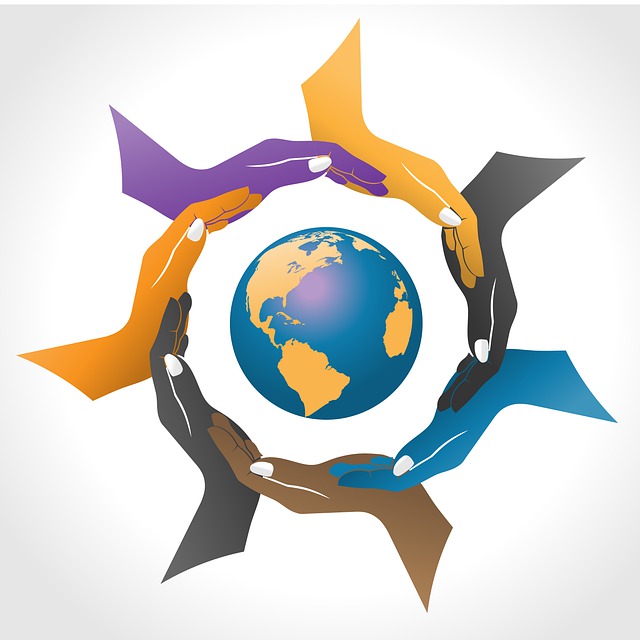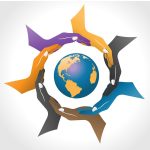At the halfway point to reach UN Sustainable Development Goals (SDGs), CEOs from the Consumer Goods Forum (CGF) are encouraging accelerated action to reach the 2030 deadline.
On June 20, CGF and the EY organization published a new report outlining urgent priorities the sector must act upon to help meet the SDGs. The report brings together opinions from 13 consumer industry leaders, who are all optimistic that faster progress can be achieved through five actions. The five priority areas identified to help CGF members and other businesses across the industry to accelerate progress are:
Partner for success. Profitability and revenue competition are part of a healthy economy but solving sustainability’s systemic challenges requires collaboration. Only by pulling together can consumer businesses rise to the scale of the challenges ahead—from combating climate change to reducing global inequality.
Measure for progress and impact. Businesses can’t manage what they don’t measure, and there is a clear need to integrate the SDGs with other frameworks and for consistent international or regional standards. The CEOs note that the growing number of frameworks makes this difficult, yet convening bodies such as CGF have the power to consult and advocate for consistent standards.
Embed sustainability into your company DNA. Companies that embed the SDGs into their working culture—potentially through rewards and incentives—are far more likely to achieve them.
Bring the consumer on the journey. Consumer companies occupy a privileged position that confers great power and great responsibility in shaping consumption. They can incentivize better consumer behavior and raise awareness of the SDGs in ways that other stakeholders cannot. Consumers are rewarding businesses that do the right things to improve the health of their communities. If businesses fail to act on urgent environmental and social issues, they will get left behind.
Prioritize the areas where you have the power to make the biggest difference. Whether it is malnutrition, sanitation or waste, certain companies can make a greater contribution to some SDGs than others. Setting material targets will help companies make a tangible difference in the areas most appropriate to them.
The report, developed in collaboration with EY teams, features interviews with leaders from 13 of the largest global consumer goods companies: Ahold Delhaize; Alibaba Group; Ajinomoto Group; A.S. Watson Group; The Coca-Cola Company; DFI Retail Group; Grupo Éxito; Kerry Group; Kirin Holdings; Musgrave Group; Procter & Gamble; Unilever; and Woolworths Holdings.



